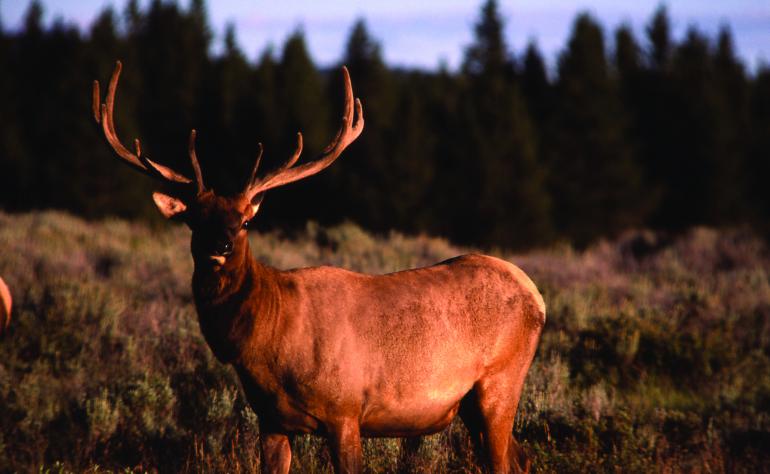The Healthy Hunter
Integrating wild game into your diet.
Though many enjoy hunting for the sport, there are many nutritional benefits to eating wild game such as bison, deer, elk.
First off, even though all meats are similar in protein content, wild game is lower in total fat. Wild game is also much lower in saturated fat—the type of fat linked with heart disease—than the typical grain-fed beef sold in the grocery store.
Wild game is also much higher in omega-3 polyunsaturated fatty acids, which have anti-inflammatory effects and may protect against heart disease. Omega-6 polyunsaturated fatty acids are pro-inflammatory and are higher in wild game than grain-fed beef, yet the ratio of omega-6 to omega-3 fatty acids is most important and makes wild game a very desirable meat choice.
One drawback to all this healthfulness, however, is that the lower fat content makes wild game tougher to chew. So use a moist cooking method, such as basting or a Crock Pot to tenderize the meat.
Christina Gayer Campbell, PhD, RD is an associate professor of nutrition in the Department of Health and Human Development at Montana State University. She’s a busy mother of three, rides her bike whenever possible, and appreciates animal products, particularly those that can be knitted.













